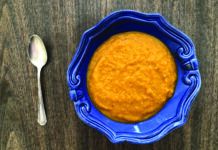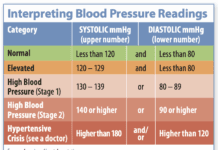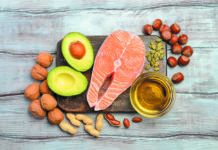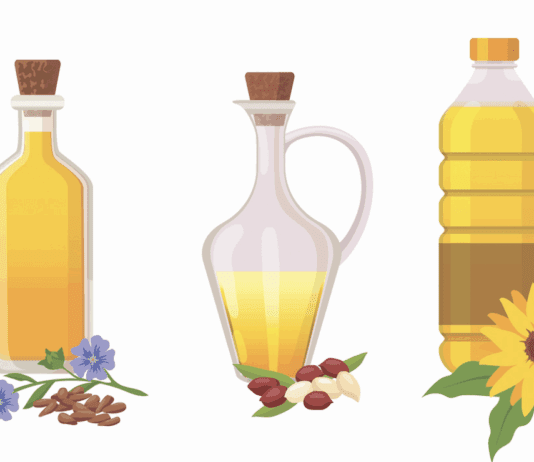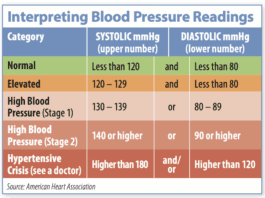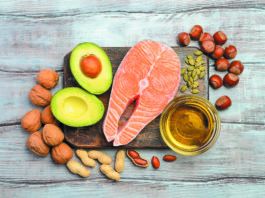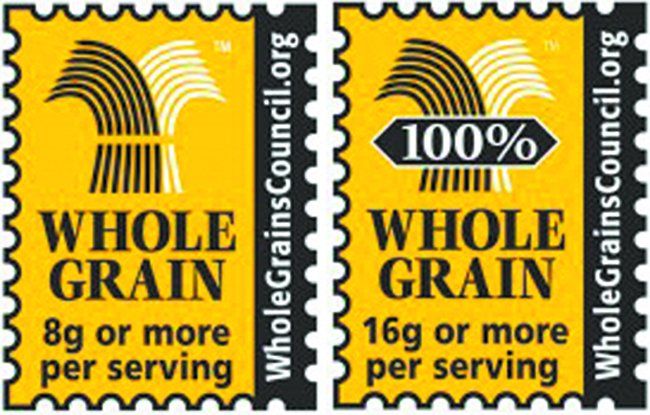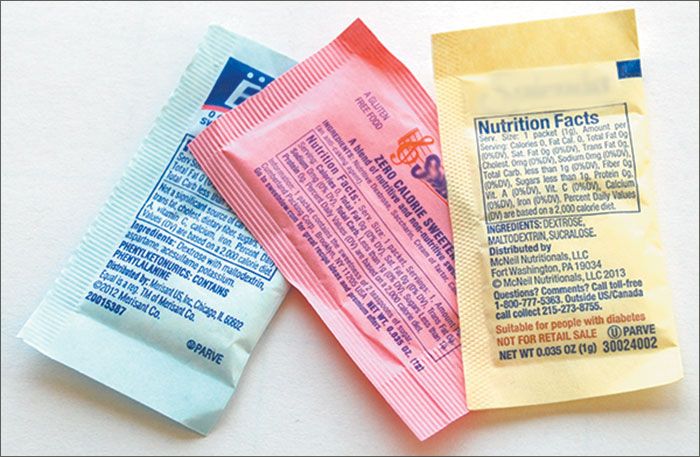Consuming More Potassium Linked to Lower Stroke Risk in Women
A new analysis of data from the Womens Health Initiative (WHI) shows that postmenopausal women who consume the most potassium in their diets are at lower risk of suffering a stroke. The association was strongest in women without hypertension. Although the WHI is an observational study, which cant prove cause and effect, scientists say it provides another reason to boost your potassium intake-especially given that most Americans fall far short of meeting recommended potassium requirements.
Fat Choices Better But Still Fall Short
Results from the Minnesota Heart Survey, spanning nearly 30 years and encompassing 12,526 participants, show some progress in healthier fat consumption-but still a long way to go. Published in the Journal of the American Heart Association, the study reported that consumption of trans fat and saturated fat has dropped. Overall trans fat intake fell about a third, but is still about double the target of less than 1% of calories set by the Heart Association in 2006. Saturated-fat intake fell from 13.7% of total calories to 11.4% for men and from 13.5% to 11.4% for women. Thats still above the 10% maximum recommended by the Dietary Guidelines for Americans and far more than the Heart Associations 5%-6% goal.
Whole Grains Improve Lipids in Statin
If youre over age 40, the odds are nearly one in four that youre taking statin medications to improve your cholesterol levels. And if doctors and patients follow prevention guidelines released earlier this year, almost half the over-40 population would be taking the prescription drugs, including almost all men ages 60 to 75. …
5 Ways Eating Right Makes a Difference for Older Adults
After youve reached a certain age, does eating right really matter? As a reader of this newsletter, you might take it for granted that the answer is, Yes, of course!-after all, you subscribe to a publication whose tagline is Living healthier longer. But exactly how does nutrition affect the health of older individuals?
Q. You recently warned about possible interactions between coenzyme Q-10 and blood-pressure medications. Can...
Q. You recently warned about possible interactions between coenzyme Q-10 and blood-pressure medications. Can you elaborate?
Will You Be Part of Salts Global Reach?
If youre worried about getting too much sodium from salt in your diet, a new globe-spanning study reports you should have company among 99% of the worlds population. Daily sodium consumption in the 66 countries studied averaged 3,950 milligrams-nearly twice the maximum recommended by the World Health Organization (WHO). That excess sodium intake, researchers estimated, contributes to about 1.65 million deaths a year worldwide from cardiovascular causes.
Pictures Beat Numbers for Sugar Avoidance
Would you be less likely to guzzle that 20-ounce cola if the bottle pictured a pyramid of 26 sugar cubes-an amount equal to the 65 grams of sugar in the soda? A new study published in the journal Appetite suggests that such visual representations can help consumers avoid added sugars, and that the effect lasts beyond the initial drink-or-no-drink decision. In a series of four experiments, researchers tested participants ability to understand representations of sugar in grams (one sugar cube equals 2.5 grams) and reactions to seeing those quantities pictured as stacks of sugar cubes. After seeing the sugar cubes, participants rated sugary drinks as less attractive and reported they would be less likely to consume them. In an ostensibly unrelated experiment, those whod learned to think of grams in terms of sugar cubes were later less likely to select sugar-sweetened beverages.
Extra Magnesium May Boost Your Physical Performance
Getting more magnesium might help you maintain mobility as you age. A new Italian randomized trial reports that daily supplementation with 300 milligrams of magnesium improved physical performance in older women. Among the benefits was a faster gait speed-a key factor in diagnosing sarcopenia, the frailty associated with loss of lean muscle mass in aging.
The Most Important Thing You Can Do for Your Heart
In women over age 30, a new Australian study reports, physical inactivity is the single biggest contributor to heart-disease risk. Researchers followed 32,154 women in three age groups, calculating how smoking, high blood pressure, physical inactivity and excess weight contributed to their heart risk. In younger women, smoking status was the most important factor in heart disease risk. But for women in their 70s, for example, being physically active would lower the risk almost three times as much as quitting smoking, and significantly more than losing weight or reducing blood pressure.
Smart Substitutes for Sugar
Sugar is in the spotlight as a key contributor not only to the obesity epidemic but also to chronic diseases, with the US Food and Drug Administration (FDA) for the first time proposing requiring food companies to list added sugars on the Nutrition Facts label. On average, US adults consume 14.6% of their calories from sugars not naturally occurring in food-in everything from sodas to snack foods, from cereals at breakfast to packaged entres at dinner.


